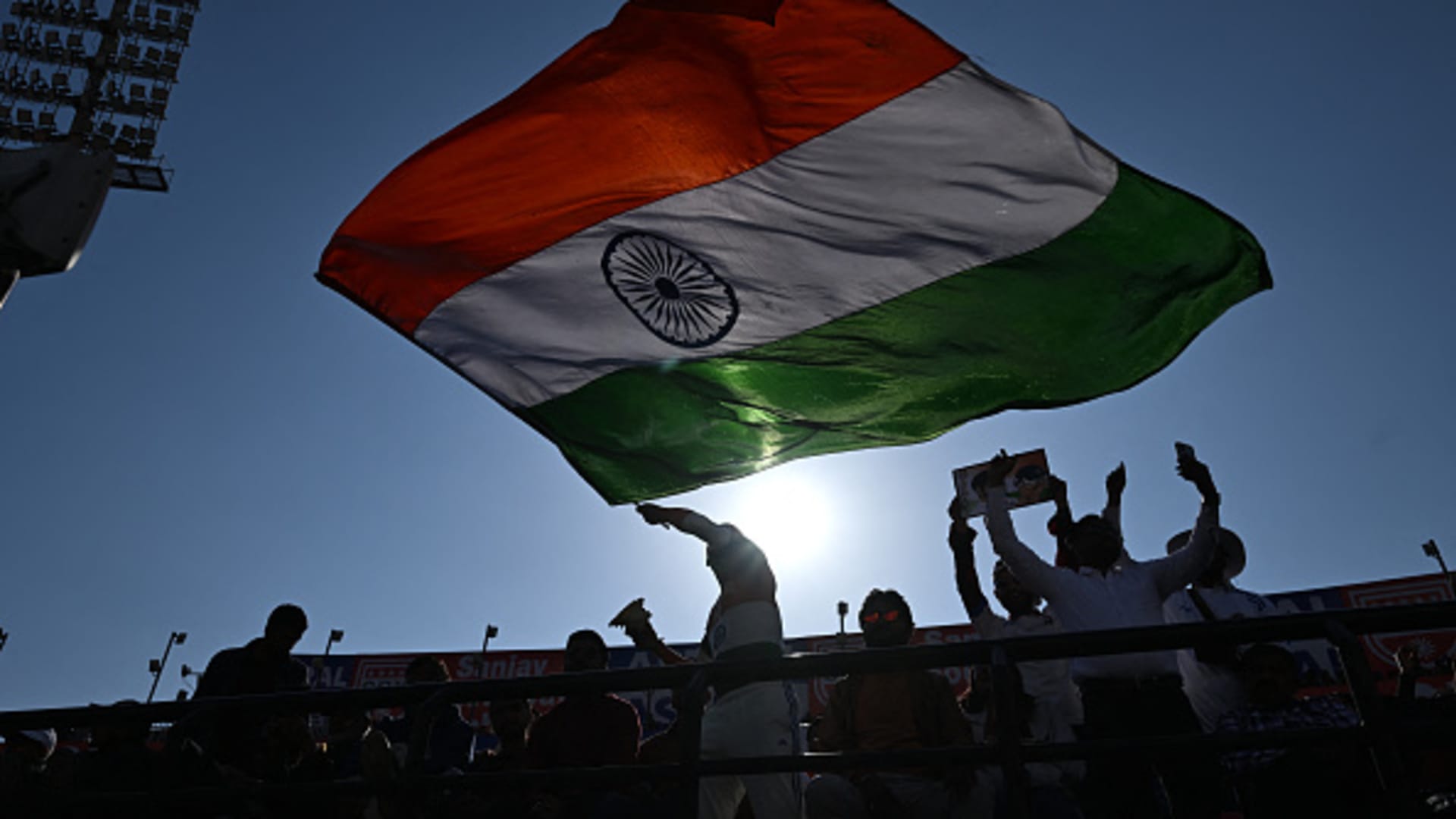
Around 970 million registered voters are expected to cast their votes for India’s next prime minister.
Sajjad Hussain | Afp | Getty Images
India will hold the world’s largest general elections starting April this year with nearly a billion voters set to exercise their franchise.
The seven-stage election process will start from April 19 and last till June 1, 2024, according to the schedule announced by the Election Commission of India. The country has about 970 million registered voters.
India’s Prime Minister Narendra Modi’s Bharatiya Janata Party is projected to win more than the required 272 seats to form a government, according to several opinion polls.
Experts also forecast that the BJP is set to win a third straight term.
“Given the economic growth momentum in the domestic economy created by a Modi-led government and an increased image of India on a global stage, many are confident that Modi will win again,” Kranthi Bathini, equity strategist at WealthMills Securities told CNBC.
Opposition parties have often alleged that electronic voting machines can be “hacked,” benefiting the ruling BJP, a claim refuted by the country’s election body.
In December, Modi’s party was accused by opposition members of orchestrating a power grab after 141 lawmakers were suspended for disrupting parliamentary proceedings.
Chief Election Commissioner Rajiv Kumar appealed to voters in a press conference on Saturday to “maintain decorum when campaigning and refrain from abuses and personal attacks.”
Since Modi won a second term in the 2019 general election, India has seen the economy strengthen, with Indian equity benchmarks hitting record highs. The Nifty 50 and BSE Sensex have both hit all-time highs this year after the country overtook Hong Kong in December to become the world’s seventh largest stock market.
International Monetary Fund executive director Krishnamurthy Subramanian said earlier in March that India is “easily” the fastest-growing economy and is poised for 8% growth this year.
Warming relations with the U.S. after Modi’s state visit to the White House in June has also boosted India’s appeal as investment destination, with several firms keen to expand their manufacturing presence in the South-Asian nation as they diversify away from China.
